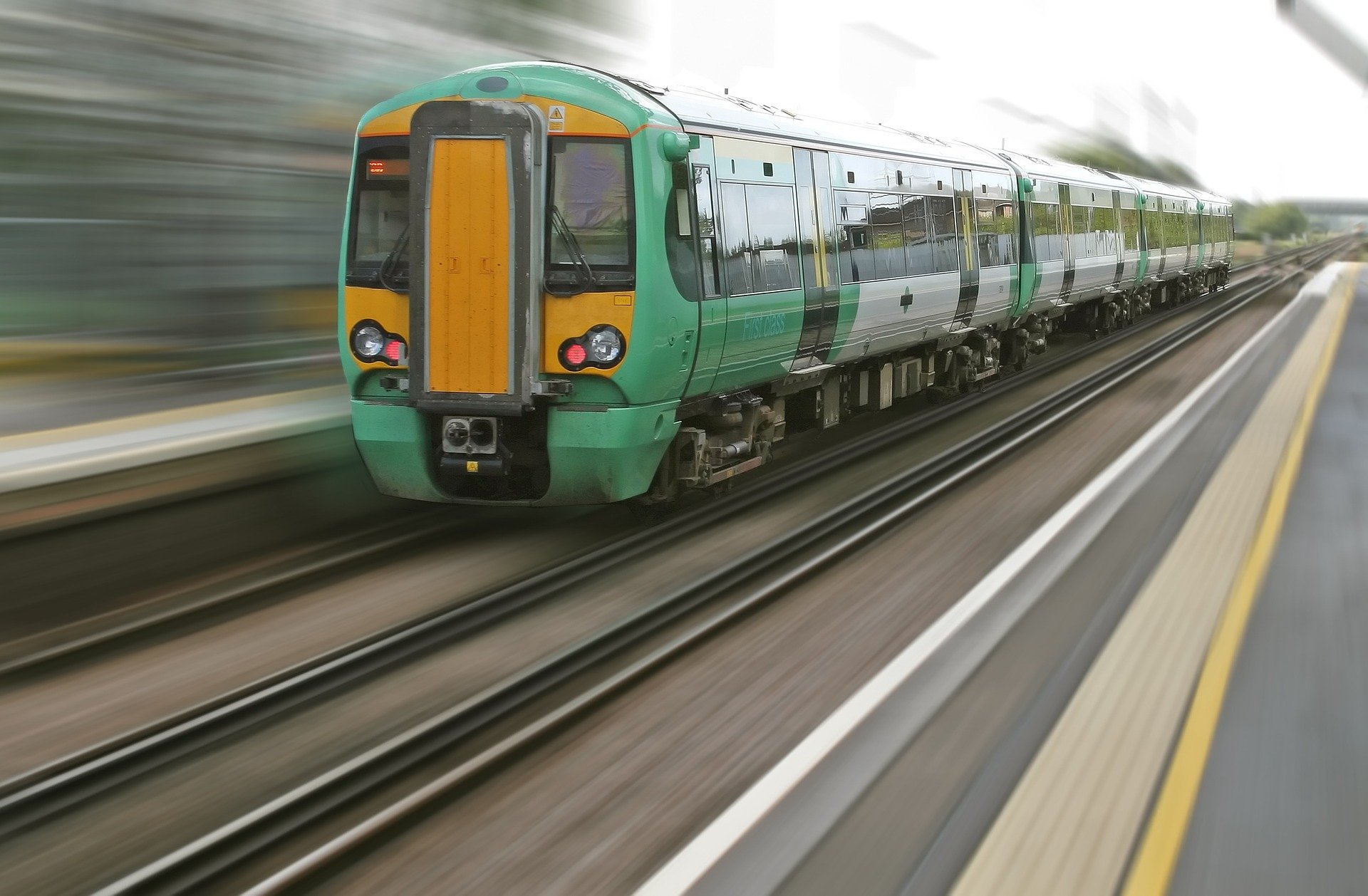The government will delay the normal annual January change to rail fares until 1 March next year (2021), offering a significant window for commuters who cannot work at home to purchase cheaper season tickets at the existing rate and allowing greater flexibility in uncertain times.
Regulated fares will then increase by RPI+1, a 2.6% rise. This is the lowest actual increase in 4 years. The effect of the delay means that key workers and those using the network throughout 2021 will pay about the same across the year than if fares had risen by inflation at the usual time. Those renewing season tickets will be able to do so until 28 February, getting up to a year’s travel at the old rates.
Changes to the price of tickets reflect the need to continue investing in modernising the network, improving punctuality and reliability, and also recognises the unprecedented taxpayer support over the last 12 months.
The government took immediate action at the outbreak of the pandemic to support our railways, investing over £4 billion to date to protect the key services passengers depend on and frontline jobs. In total, the government anticipates providing around £10 billion to protect the railway through its emergency agreements with rail operators.
This change will help recover some of the significantly increased costs met by taxpayers to keep services running during the pandemic.
Chris Heaton-Harris, Rail Minister, said:
Delaying the change in rail fares ensures passengers who need to travel have a better deal this year.
Right now, our priority must be ensuring our transport network is safe for passengers and staff, and we urge members of the public to follow the government’s advice and only travel when absolutely necessary.
By setting fares sensibly, and with the lowest actual increase for 4 years, we’re ensuring that taxpayers are not overburdened for their unprecedented contribution, ensuring investment is focused on keeping vital services running and protecting frontline jobs.
The guidance remains that you should reduce the number of journeys you make wherever possible. Walk or cycle where possible, and plan ahead and avoid busy times and routes on public transport. This will allow you to practise social distancing while you travel. If you’re in Tier 3, you should avoid travelling outside of your area.
If you need to use public transport, you should follow the safer travel guidance.
Granting the fare break follows on from extensive investment by the government to provide refunds on Advance Tickets during changes to regional and national restrictions throughout the pandemic, ensuring passengers were not left out of pocket for following essential health guidance.




